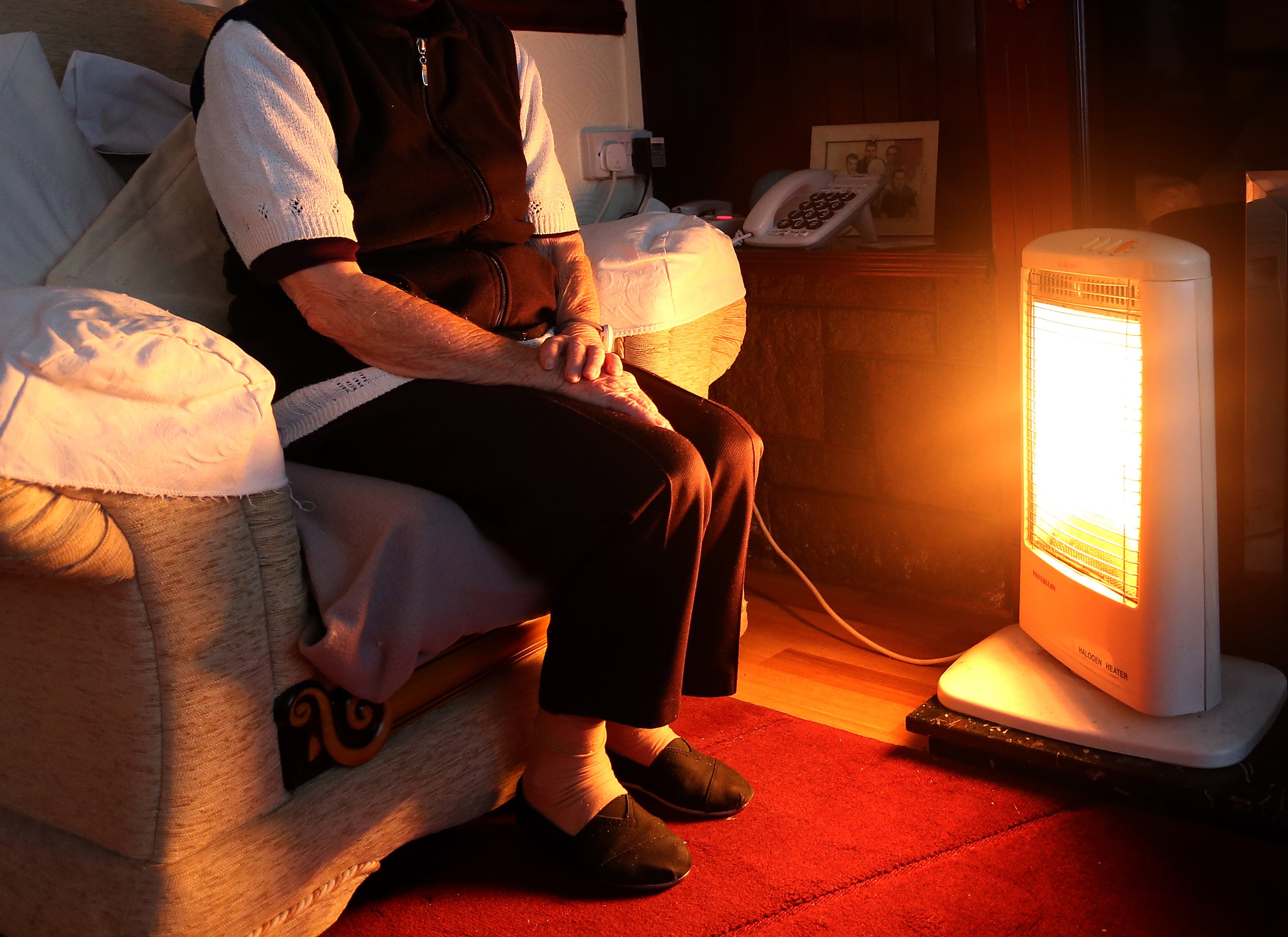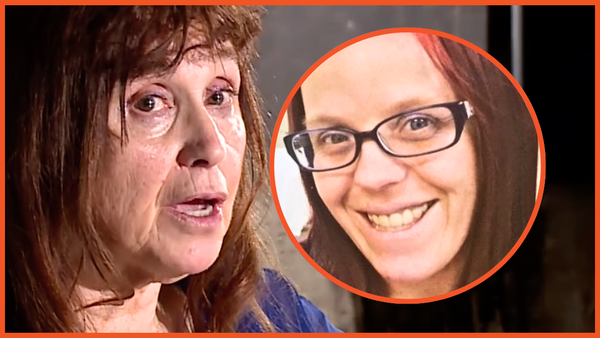Sir Keir Starmer has announced a U-turn over the government’s plan to cut winter fuel payments and admits he wants to widen eligibility for the scheme.
In a major climbdown over Rachel Reeves’ decision to strip payments from 10 million pensioners, the Prime Minister said he wanted to look at widening eligibility “as the economy improves”.
But No 10 refused to say whether the changes would be in place by this winter – or who would be affected – meaning cash-strapped pensioners could face another winter of misery.
It comes as Sir Keir battles to turn around his party’s fortunes amid fears of a rebellion from backbenchers over benefit cuts, anger over his language on immigration and difficult poll ratings.
The Prime Minister has also not set out how the change to who is entitled to the payments worth up to £300 will look.
We look at the several options for how the Government could go about funding the winter fuel payments.
Full reversal

One option would be a full reversal of the decision to strip the benefit from millions of pensioners.
The decision to make it available only to those who claim pension credit last year meant those claiming winter fuel payment fell by almost 90 per cent and saved around £1.5 billion a year, the Institute for Fiscal Studies estimates.
Undoing last year’s policy change would make some 11 million more households eligible and of course wipe out the £1.5 billion in savings.
Create a specific threshold for winter fuel
Creating a new threshold and means test would allow households not on pension credit to apply directly for winter fuel payments.
Raising it 20 per cent above the pension credit threshold would cost around £100 million and see winter fuel payments go to around 400,000 more families, according to the Resolution Foundation.
One option would be to model this on child benefit by allowing all pensioner households to claim but then require those above a certain income level to pay some back via a self assessment tax return, the IFS notes.
But there is a risk to adopting “a clunky bureaucratic mechanism for what is, ultimately, a relatively small payment”, IFS associate director Tom Waters warned.
Expand entitlement to those who get disability or housing benefits

Some 1.8 million more households could get winter fuel payment at a cost of around £500 million per year if entitlement is extended to those on disability benefits, the IFS estimates.
This would be more complicated to put in place in Scotland, where disability benefit is devolved.
Extending eligibility to include those on housing and disability benefits would give support to 1.3 million more pensioner families at a cost of £300 million a year, the Resolution Foundation estimates.
This would be an “affordable” and “sensible way forward”, chief executive Ruth Curtice said.
Pay winter fuel money to individuals, not households
One difficulty in allocating the winter fuel payment is that it currently goes to households rather than individuals.
Changing this would mean the Government could do a means test on an individual basis and use information that it already records for income tax purposes.
It would see pensioners with a low income but with a high-income spouse get the winter fuel payment.
However, it could also see couples get twice as much winter fuel payment as single people, where at the moment a single person would get the same amount as a couple sharing a household.
Kendall says welfare reforms will address ‘economic and social crisis’
Millions of pensioners ‘dragged’ into paying higher tax rates
One in ten have zero savings - while millions suffer under credit card debt
HMRC collects £780m in just one month of inheritance tax
How first-time buyers are getting a £50,000 lifetime ISA boost – with a catch
Inflation rises to 3.5% after ‘perfect storm’ of price increases







